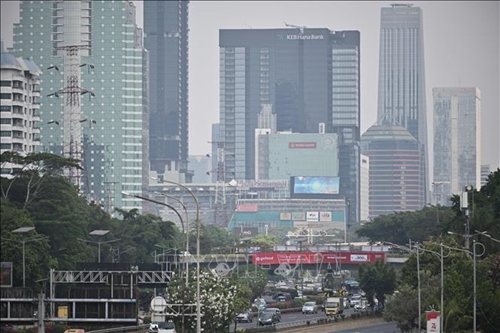The article, titled “ASEAN’s potential contributions to climate action,” said that the region is vulnerable to threats from climate change, including sea level rise and changes in weather that can impact agriculture and food production.
Every regional country has recognized the risks, accepted the Paris Agreement, and pledged to reduce emissions and energy consumption, or increase the use of clean energy, among other goals, it said. But the path to implementation is not easy, especially as attention and resources have been diverted to managing the pandemic.
    |
 |
|
Dense haze in Jakarta, Indonesia |
That’s why intra-bloc cooperation is important but “is fledgling at present,” the article went on. In 2019, ASEAN countries released a joint statement regarding sustainable forest management, reducing energy intensity, sustainable land transport and fuel economy, as well as climate disaster risk mitigation.
The article stressed that the pandemic has underscored the need to build resilience against future risks, especially climate resilience.
A truly multilateral effort is needed for meaningful progress, it concluded, adding that for ASEAN, the first step is to come together as a community focused on climate action, take stock, and re-energise efforts toward its collective goals.
Source: VNA